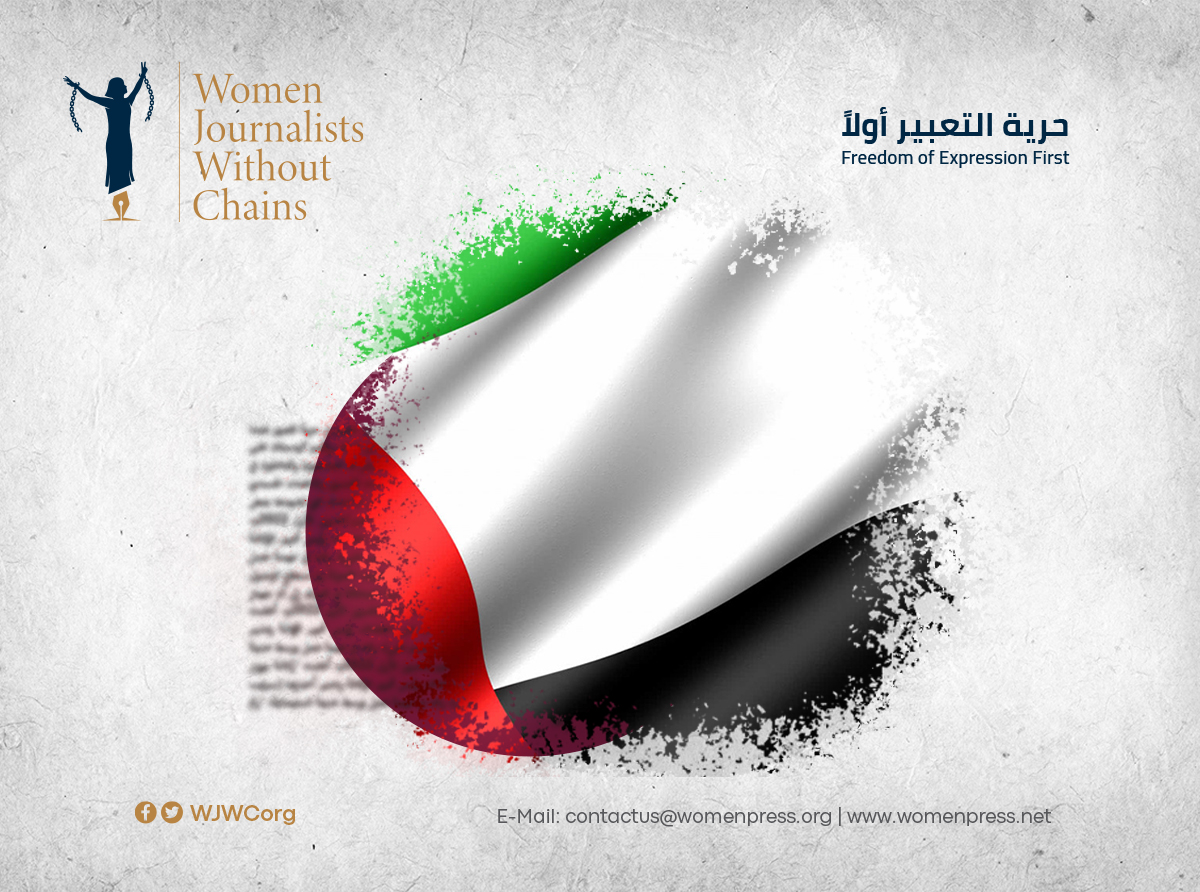Women Journalists Without Chains (WJWC) on Tuesday released its report on media freedom and violations of journalists' rights for 2014. The report revealed that as many as 150 violations of journalists' rights were monitored during the year. These violations include killing, physical assaults, storming of media institutions, arrests, death threats, battery, denial of rights, and arbitrary dismissals, among others.
Abul Bari Taher, former chairman of Yemeni Journalists' Syndicate, said in a speech at the symposium during which the report was released that Yemen is experience a big adversity, and that those who committed the breaches mentioned in the report are in a race against time, and want to commit more violations in record time than the totalitarian and dictatorial regimes that ruled supreme in both north and south. The report at hand discloses the contraventions perpetrated last year, including intimidation, verbal abuse, battery, assaults, looting, and torture and killing, he pointed out. He indicated that the write-up abounds with terrible infringements, such as intimidation, verbal abuse, battery, assaults, pillage, torture and murder. He confirmed that such encroachments indicate that Houthis' practices are no different of those of the national consensus government and Hadi's regime, as both were mentored by Saleh. He considered the document a report to the attorney general; however, he wondered "where is the attorney general?"
"In our country, Yemen, we cannot talk about political pluralism except through the leeway given to freedom of expression and opinion. Nor can we confront oppression and corruption without media freedom. No government or state can survive without such an effective and vital instrument" he noted.
"These violations are heart-breaking, agonizing and unscrupulous. At times, we get cheerful, because we are monitoring the breaches which are not lapsable, as they represent a springboard for those struggling for freedom and human rights. At others, we get upset because of the brutality of the regimes and militias who cannot usurp power without suppressing media freedom , abusing human rights, and obliterating public liberties and democracy" Taher remarked.
For her part, Bushra Al-Surabi, the executive director of the WJWC, said that the deterioration of the political situation, and the capture of power by the Houthis changed the media environment for the worse, as the Houthi militia practices violence against the media and journalists who don't embrace their perspectives.
She added that there is a boisterous rhetoric on media freedom in Yemen, and other Arab countries; however, journalists are still being hounded, harassed, and are sarcastically accused of working for foreign agencies to the detriment of national interests.
Surabi also said that the report comes at a time when the rate of the Houthi violations committed by the Houthi militia against the government is rising to a level unprecedented before.
She underlined that the governments that violate freedom of expression and opinion never command any respect, and this is why oppressive regimes seek to groom journalists in such a way as to adopt their illegitimate policies.
The report affirmed that the breaches were increasingly perpetrated by many parties, including the Houthi armed militia that seized control of the capital city of Sana'a, and several governorates on Septe.ber 21, 2014.
The Sept. 21, 2014 ushered in a new era of subduing freedom of the press , and crackdowns on dissidents by the Houthi group which is controlling the mainstream media and quelling dissent in a flagrant contravention of freedom of expression and opinion.
The armed groups are thriving on the fragility and weakness of the government, as they have taken the reins of political power as is the case with the Houthi group that committed the bulk of the breaches of press freedom.
Military and security services, and unidentified individuals were also involved in these violations, the report noted, highlighting that media organizations also violated journalists' rights through arbitrary dismissal, and suspension, which stopped them from practising their journalistic career in a professional and honest manner. It underlined that journalists based in Sana'a took the brunt of the said encroachments, explaining that a total of 101 violations, or 67.33%, including killings, intimidations, beatings, harassments, dismissal, arrests, and storming of journalists' property, among other breaches. The report indicated that a total of 15 violations (10 %) were perpetrated in Aden, 9 or 6% in Hodeida, 7 or 4.67% in Amran, 8 in Taiz and Lahj, four or 2.67% each, and three or 2% in Dhalea. It further pointed out that six contraventions of press freedom were committed in Baidha, Dhamar, and Ibb, two or 1.33 % each, one each or 0.67% in Hadramout and Mahra.
Three violations of press freedom were committed in January , which amounted to 2 % of the total number of violations committed during that same year, it indicated, underlining that 21 infringements or 14% were perpetrated in February, 18 (12%) in March, and four (2.67%) in April, 8 (0.33%) in May.
It further confirmed that 11 breaches (7.33%) were committed in June , three or 2% in July, 14 or 9.33% in August, 13 or 8.67% in September, 20 or 13.33% in October, 26 or 17.33% in November, the highest in the whole year, and 9 or 6% in December.
All such violations were monitored by field observers and researchers who visited the violation sites and met the journalists who were subject to these breaches, and checked with the authorities/agencies that committed the infringements, according to the report.

 En
En  Ar
Ar 




